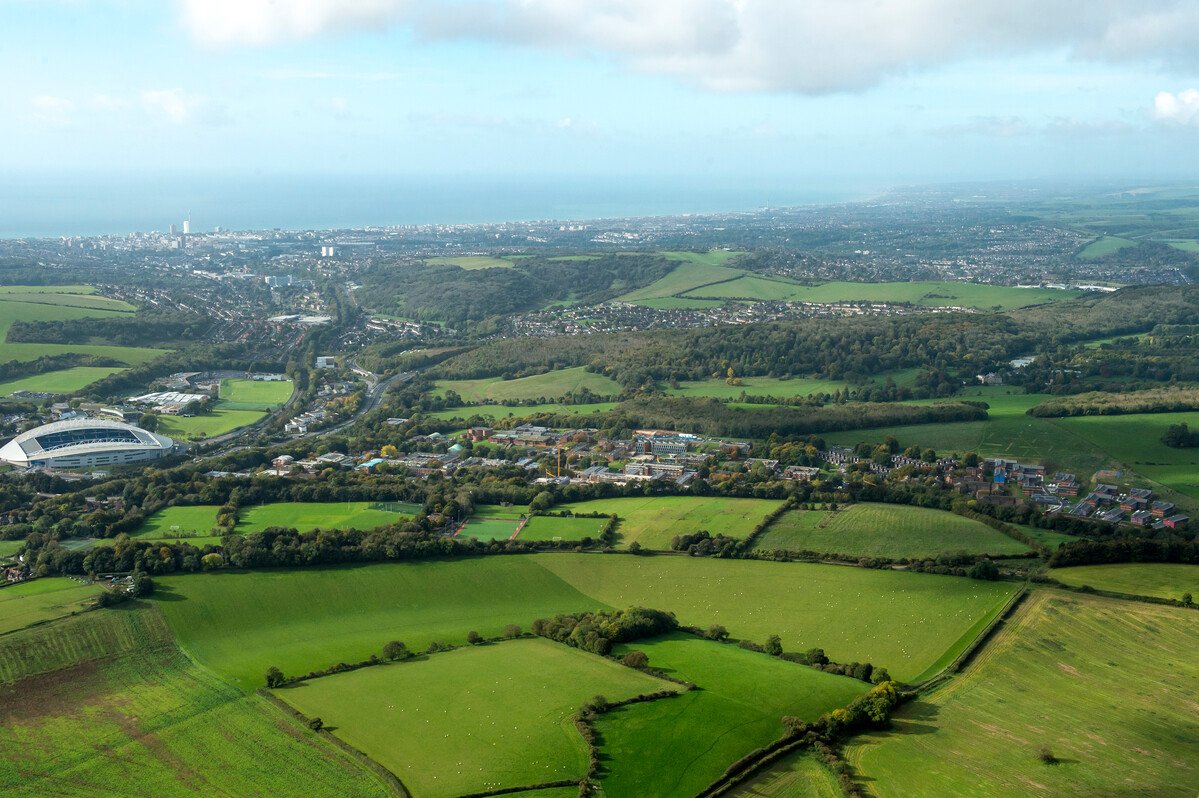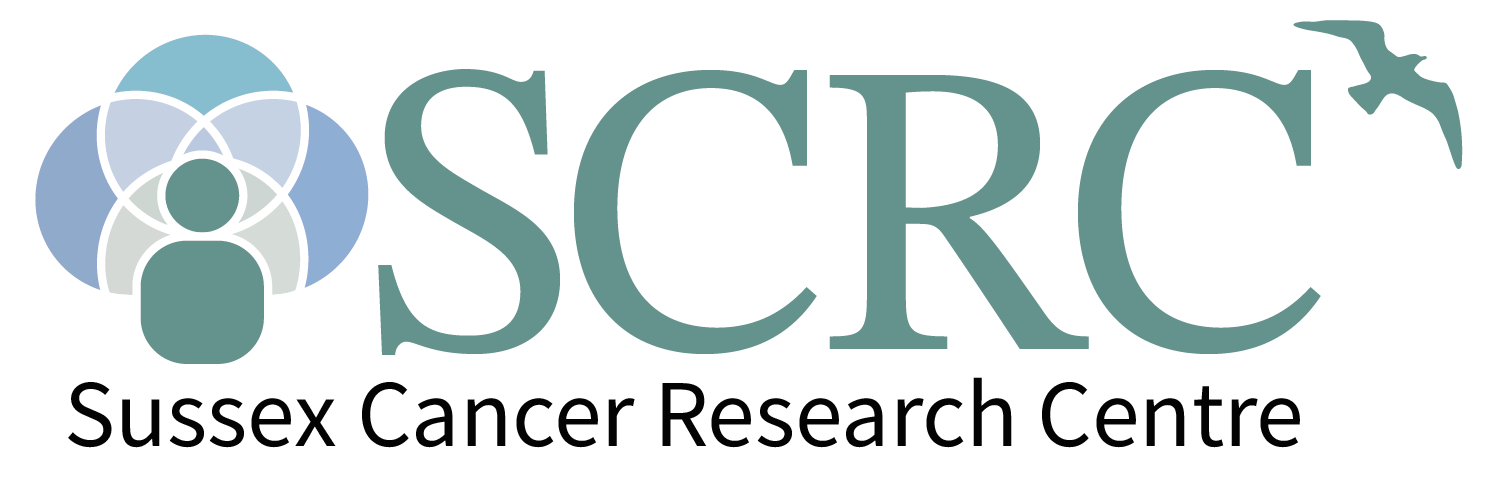
We are proud to support the winners of our inaugural funding for creative projects designed to build new connections between people with lived experience of cancer in our communities and the cancer research happening within the SCRC.
The SCRC sat down with Markus Taylor to talk about his project.
SCRC: Can you share a brief overview of your project?
MT: This SCRC Creative Engagement Project has two parts.
1. 'Pharmakon' to be located at Falmer campus comprises sculptural assemblages. The pieces explore the complex and contradictory meanings of the ancient word 'pharmakon' in the context of cancer lived experience and treatment regimes.
2. 'Calle Incurabili. (The Narrow Path of Cure)' are works to be found across the SCRC campus, developed during a residency in Venice soon after I completed first-line treatment. They reference the 'Calle Incurabili', a narrow passageway that runs between the Academia di Belle Arte, once the Ospedale degli Incurabili and the Basilica Santa Maria della Salute, a path trodden by the chronically ill over hundreds of years in search of miraculous cure.
SCRC: What was the inspiration for your project?
MT: Inspiration for the project arose from my physical and psychological experiences during and after treatment for an incurable blood cancer. I now find myself, like many others living a betwixt and between existence. The works reflect the harsh physicality of treatment and liminal embodiment of disease in the use of specific elements and objects for their materiality and symbolism.
SCRC: What do you think are the main challenges we face in engaging the community with cancer research? How does your project help to address this?
MT: Historically, scientific and medical research was carried out behind closed doors, a mythical aura of mystery and danger perpetuated by novels, films and visual arts. A contemporary truth is of healthcare as a collaborative endeavour from lab bench to bedside and beyond, gone are the days of the subservient 'patient' and the mad professor. We all have a role to play in the development of care and cure. Open collaborative action and discussion on cancer benefits us all. The project will be part of this through workshops, guided visits and presentations bringing together those with lived experience, community groups, scientists and health professionals.
SCRC: Do you have any mentors that have benefited your practice?
MT: During my master's degree at University of Brighton, I struggled under the tremendous weight of a cancer diagnosis and rapidly failing health. The roof of my life had collapsed upon me. Standing in the debris I instinctively created artworks as a way of coping and to decipher understanding.
It was during this period that I met Chris Pepper. Through our ongoing discussions on art, science and chronic lymphocytic leukaemia my practice and I have developed in confidence, gaining profound understandings of the science and what it is to be a person with disease. Profs Chris and Andrea Pepper warmly accepted me into their team as a collaborator, enabling us to isolate and include my own cancer cells into my graduate exhibition.
I also have the great privilege of working alongside Dr Simon Mitchell in preparing this project, who has encouraged and enabled me to expand my art practice into community action and engagement. I am honoured to work with everyone at SCRC.
SCRC: The SCRC aims to support cancer research for patient benefit across Sussex, how do you think creative practice can support this mission?
MT: Opening the doors to the work at SCRC helps interested individuals and groups become more empowered. The use of creative practice to engage and involve beyond the university is a proven way to support people with cancer in their understanding of disease, their role in being an active participant and educating scientists as to how and what it is to live with cancer.
SCRC: If people want to follow you and your team or get updates as the project progresses, where can they get more info?
MT: Updates and information about the project can be found at https://www.instagram.com/markus__taylor__studio/
The studio can be contacted directly at: markus.taylor.studio@gmail.com
Support life-changing research
Your support has an enormous impact on our research, transforming what we are able to do. Together we have the potential to transform the lives of cancer patients. With your support we are working to discover cutting-edge treatment approaches, that are both kinder and more effective.
We have parntered with the Sussex Cancer Fund to ensure your donations support life-changing research here in Sussex.
If you want to discuss your donation contact us.



